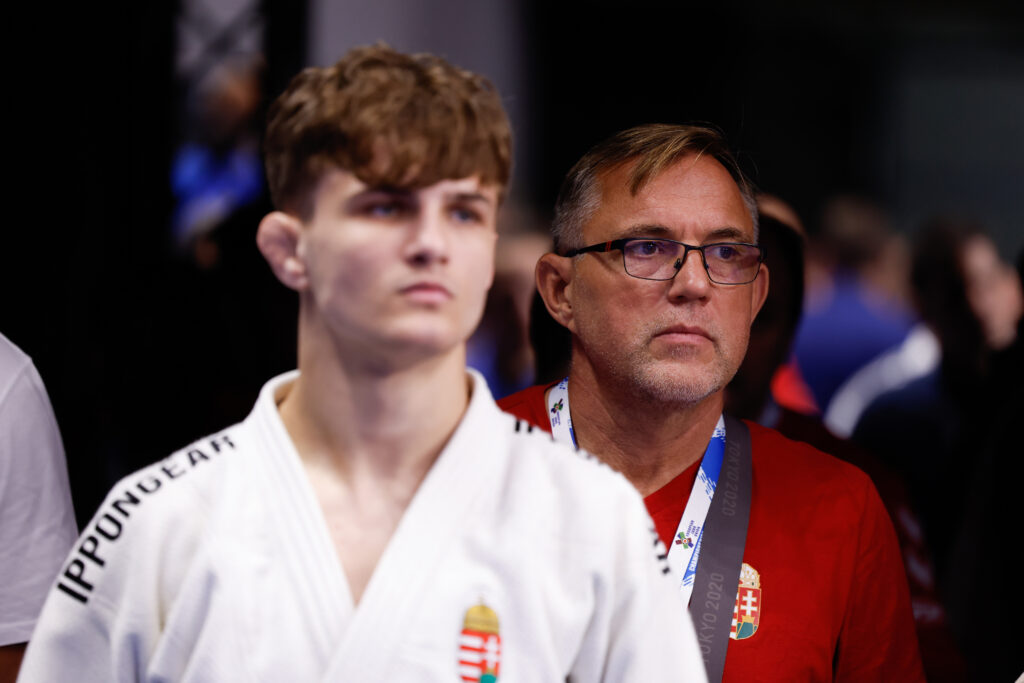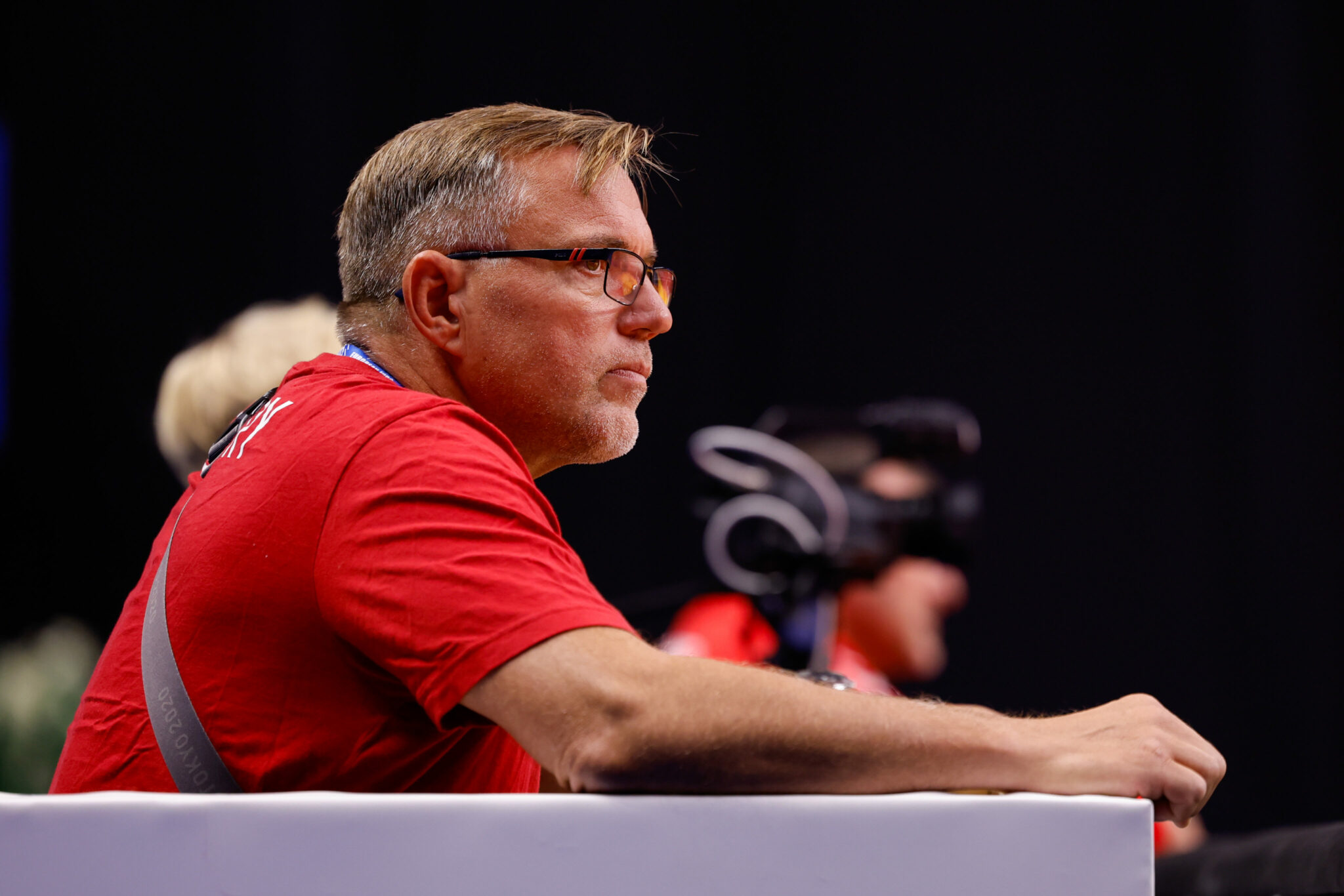Panczel Gabor is a familiar name and face in the judo world, having coached at 5 Olympic Games, spending over 30 years in his position. He has held the role of national coach in all age groups and therefore offers a remarkable experience to benefit from. Szilagyi Laszlo, Baczko Bernadett, Joo Abigel and Toth Krisztian are just some of the names he has worked with at elite level and they all have one thing in common: they all won a medal at a European championships for juniors. With his extensive knowledge, we discussed his views on the European Championships Juniors and the world championships in general.
In your opinion, how important is a junior European Championship in the life of an elite judoka?
It’s very important. It is interesting to look at the youth after the Olympic Games. For us, for example, the success in a junior European championship is not so important because we know that it will not show much in their senior level due to the huge gap between the junior and senior level; this gap is indescribable. At the same time, it is important because it shows whether the player, their coach, their club and the professional staff are on the right track. In fact, I would say it is very, very important because of the huge amount of energy invested by everyone up to that point: the family, the federation, the coaches and the clubs. They will all get feedback as to whether the athlete is successful or not. At the same time, it is likely that whoever wins a European junior medal will be able to perform at a certain level in seniors.
How can that gap you are referring to be narrowed and supported as a coach?
Bridging the gap is entirely up to the individual judoka, how they mentally handle growing up. I can say from my own experience that I had a competitor who won everything at cadet and junior level and when he grew up he simply could not achieve a senior result. He could not overcome the mental rather than physical obstacles. Senior competitions require a completely different mental foundation and if you don’t have that, no matter how many medals you won at cadet or junior level, you won’t make it. Unfortunately, there are a lot of athletes in this situation.

Has the approach to coaching juniors changed since senior world ranking points were introduced for junior world medals?
From my point of view, we don’t want to compete at the junior world championships because it gives points for the Olympic Games. At the same time I have to add that it does have its advantages, as one of our judoka in the -90kg category, Safranyi Peter, was able to move up in the senior rankings due to his junior result, and although that did not get him close to Toth Krisztian in the rankings, there were enough points to be seeded for a European Open, which immediately gave him a favourable draw. So there are definitely advantages, but as a coach I have to stress that the primary goal is for an athlete to win a junior world championship medal for the fact of winning, not for the potential senior ranking points.The points are also important because it helps them not to start from scratch in the senior field. Speaking of which, I also think it would be a good idea to perhaps implement this at a continental level and reward points for junior Europeans as well, since we know that some of the juniors can carry the weight of the senior level.
If so, it should be for all continents. Do you think it is fair to share the idea, given the different levels of junior judoka in other continents?
Absolutely and I will tell you why. It is important to give them a chance. Think about it this way, if an athlete from a developing country in Africa, for example, is able to gain points in the senior world rankings via a junior event, it could lead to recognition in their country and perhaps increased support for more events, which would allow them to be more integrated into the system than they are now. This will give them the confidence to travel to a more developed country to improve their training and gain more points without having to give up their nationality. Giving senior ranking points for continental championships at junior level could benefit countries where judo is less developed. Ultimately, the results will sort themselves out so that those who are suitable and ready will stay and get a bit of a boost via those points and those who are not will simply not be ready either way.
What do you think about the development of the junior Europeans through the decades?
The field has become very difficult. It used to be that you could win with just a little bit of genetic help and through that I mean physical advantages, without having a professional background. Today it is completely different; we need a huge professional background even for the juniors, the field is very competitive. These competitions are not juniors, they are little adults, so the approach is different.
Panczel will continue to motivate the younger generation as he embarks on another Olympic cycle with the aim of becoming the only Hungarian coach ever to produce two Olympic medallists.
Images: Gabi Juan
Author: Szandra Szogedi




